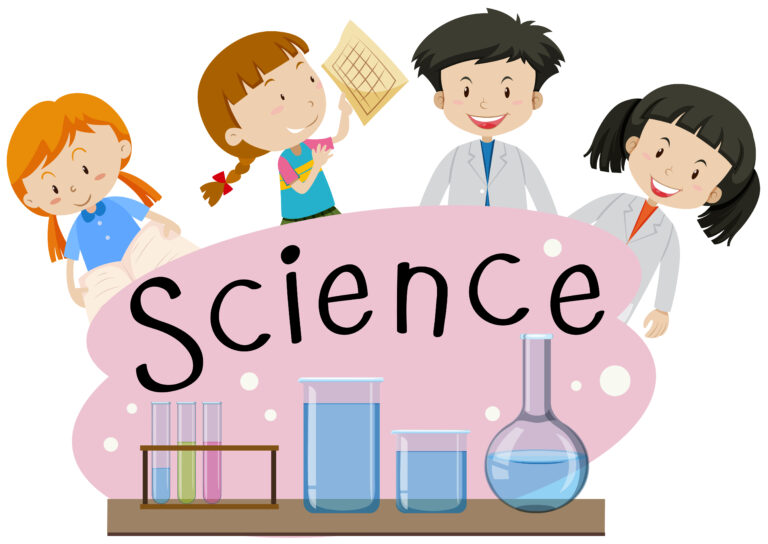
At our school we aim to provide all children with the opportunity to develop their knowledge and understanding of Science, as set out within the National Curriculum, largely through their direct involvement in a range of practical / investigational activities as related to their age and stage of development.
Such activities are intended to encourage the development of specific skills related to scientific investigation. From a very early age children are encouraged to ask questions, to plan and carry out investigations i.e. to observe, to measure, sort and classify, record and interpret their findings, hypothesize and construct ‘fair tests’. Such practical skills will provide the children with the means to explore and investigate the world of science and therefore develop a further understanding of it.
In addition to the scientific skills and knowledge outlined above, we hope that all children will develop an interest and enthusiasm for Science and thus gain, through their own motivation, a wider appreciation of the important role science plays in our world today.
National Curriculum for Science
Science Overview
Science Curriculum Narrative
Science Curriculum Statement
Intent
At St Patrick’s, we understand that children are naturally curious and we encourage this inquisitive nature throughout their time with us and beyond. It is our aim to provide memorable, hands-on experiences for children that foster a healthy curiosity in children about our universe and promotes respect for the living and non-living.
We believe science encompasses the acquisition of knowledge, concepts, skills and positive attitudes. Through the programmes of study in the National Curriculum, children will acquire and develop these skills throughout their primary years. We ensure that scientific skills are built-on so that children can use equipment, conduct experiments, explain concepts confidently and continue to ask questions and be curious about their surroundings. Our curriculum is designed to develop independent, confident and successful learners with high aspirations and who are well prepared for the future.
We aim to provide them with a clear understanding of the possibilities and opportunities that there are for them in life and we believe that our pupils should leave us with a love of learning and an understanding of the world.
We believe that our school motto, “May Christ Be Seen in Us” creates a supportive ethos where children feel safe to ask questions about the world around them. Our motto establishes a positive environment where children recognise and celebrate their own achievement and the achievements of their peers.
Implementation
Teachers create a positive attitude to science learning within their classrooms and reinforce an expectation that all children are capable of achieving high standards in science. Our whole school approach to the teaching and learning of science involves the following:
- In every year, science is planned in teams to ensure that the skills, knowledge and vocabulary is progressive and built on previous learning. In Years 3-6, a two-year rolling programme is followed in science to ensure children in each class cover a range of science topics on their journey through Key Stage Two.
- Through our planning, we provide as many first hand, memorable experiences as possible, involving problem solving opportunities that allow children to uncover information independently. Children are encouraged to ask their own questions and be given opportunities to use their scientific skills and research to discover the answers. This curiosity is celebrated within the classroom. Planning involves teachers creating engaging lessons, often involving high-quality resources to aid understanding of conceptual knowledge. Teachers use precise questioning in class to test conceptual knowledge and skills, and assess children regularly to identify those children with gaps in learning.
- We build upon the learning and skill development of the previous years. As the children’s knowledge and understanding increases, and they become more proficient in selecting, using scientific equipment, collating and interpreting results, they become increasingly confident in their growing ability to come to conclusions based on real evidence.
- Scientific skills are embedded into lessons to ensure these skills are being developed throughout the children’s school career and new vocabulary and challenging concepts are introduced through direct teaching.
- Teachers demonstrate how to use scientific equipment, and the various scientific skills in order to embed scientific understanding. Teachers find opportunities to develop children’s understanding of their surroundings by accessing outdoor learning.
Impact
The successful approach at St Patrick’s results in a fun, engaging, high-quality science education, where learning is memorable and provides children with the foundations for understanding the world. Our engagement with the local environment ensures that children learn through varied first hand experiences of the world around them. Children at St. Patrick’s overwhelmingly enjoy science and this results in motivated, confident learners.